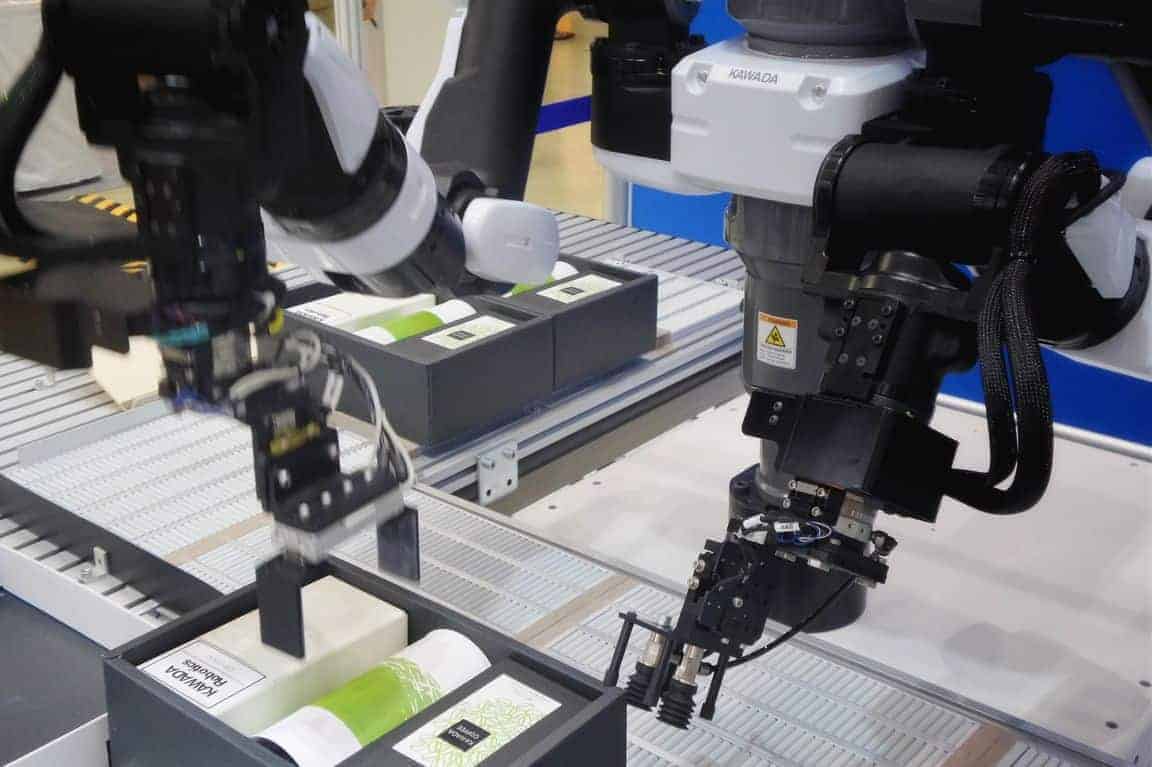
The potential acceleration of job automation spurred by COVID-19 will disproportionately affect Latinos in U.S. service sector jobs, according to a new UCLA report, which also urges state and local officials to start planning now to implement programs to support and retrain these workers.
The report, by the UCLA Latino Policy and Politics Initiative, looked at occupational data from the six states with the largest Latino populations and found an overrepresentation of Latinos in industries where jobs are more susceptible to automation, like construction, leisure and hospitality, agriculture, and wholesale or retail trade.
More than 7.1 million Latinos, representing almost 40% of the Latino workforce in those six states — Arizona, California, Florida, Illinois, New York and Texas — are at high risk of being displaced by automation, the report shows.
“As Latinos take a disproportionate financial hit from the COVID-19 crisis, now is a good time to focus on increasing training opportunities and to strengthen the social safety net to catch workers who are left behind,” said Rodrigo Dominguez-Villegas, the report’s author and director of research at the policy initiative.
“Millions of people have lost their jobs amid the pandemic, and the future of those jobs is uncertain as employers look to reduce costs by accelerating automation,” Dominguez-Villegas added. “For many Latinos, the economic recovery will not bring back their jobs.”
A failure to prepare Latinos for jobs in the digital economy and other growing sectors will come with economic repercussions to the U.S. by creating a shortage of skilled workers in an aging and shrinking labor force. As the nation’s youngest demographic group, with a median age of 30 years — compared with 44 for whites, 38 for Asians and 35 for African Americans — Latino workers can fill increasing workforce demands in health care and tech-focused jobs if enough resources are focused on retraining the Latino workforce, according to the report.
“In the face of COVID-19, global warming and economic chaos, Latinos are critical to America’s recovery,” said Sonja Diaz, founding director of the policy initiative. “Policymakers need to strengthen pathways to opportunity that are centered on workers of color or risk further financial ruin.”
With the exception of Florida, where Latinos are almost twice as likely to have a college degree and access to higher-skilled jobs, Latino workers, particulary those in California and Texas, could see heavy job loss in construction and hospitality from automation. Some figures estimate that up to 70 percent of jobs in hospitality and 49 percent of construction jobs could soon become completely automated.
The report makes the following policy recommendations to begin preparing the Latino workforce for a digitalized future:
- Modernize unemployment insurance programs to expand eligibility and provide worker retraining assistance.
- Create apprenticeship programs that provide career pathways for digitally oriented jobs and create a pipeline to employers.
- Invest in broadband access and programs that connect Latinos with digital technologies.
- Increase Latino enrollment in and graduation from higher education institutions and increase access to social-safety services such as housing, food and health care.
The report will be used as a baseline for discussion at a convening of policymakers, industry leaders, higher education administrators and training organizations organized by the Aspen Institute’s Latinos and Society Program in October 2020.
“Data is critical as policymakers work with the private sector to ensure that Latinos have access to the training and education opportunities necessary to drive our economy in the digital age,” said Domenika Lynch, executive director of the Aspen Institute program.
from ScienceBlog.com https://ift.tt/2ER3AuW

No comments:
Post a Comment